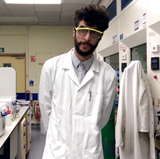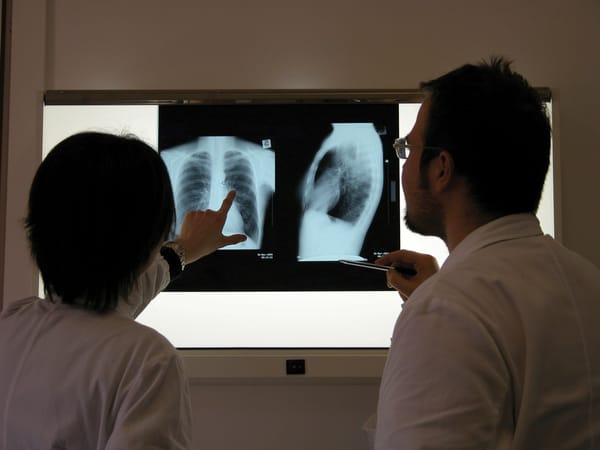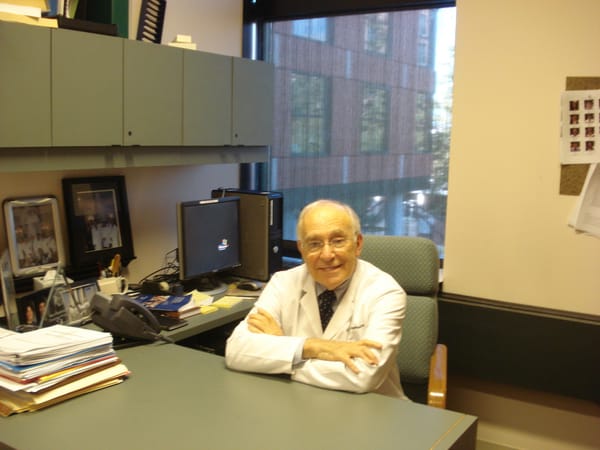Chaotic Cards & Dynamic Dice
Dr Frank Berkshires give a Friends of Imperial lecture on mathematics and gambling
The audience, of what was effectively a maths lecture, was a mixed crowd. Organised by Friends of Imperial – an organisation that encourages alumni and the public to get involved in the work of the College – the lecture drew people from a range of ages and walks of life, but all with an interest in science. Interests no doubt like mine that picked up at the mention of the sub title: “How to Win a Small fortune”. Not suggesting that people who have an interest in science are always after a quick buck – no one does a PhD expecting a fast car and penthouse – but rather the dynamics of the statistics and numbers behind gambling and tricks excites in the scientific mind a possibility to win through knowledge and shrewd planning alone. And, well, if you manage to walk away from a Blackjack table with a couple of hundred grand in your front pocket in the process then all the better.
And the lecture started so well too, when we were told gambling winnings were not taxable I was practically ready to run the length of Kensington Gore and start card counting in the Park Hotel casino there and then. Alas for my wallet the lecture quickly and fascinatingly became a lesson in ways that people can cheat you, and importantly how the statistics can and will be worked against you.
The lecture was broken down into “How to lose”:
- Receive an unfair pay out
- Do not Appreciate the odds,
- Do not recognise cheating
Moving down the list leaves you with increasing levels of financial loss. For a brief moment there was hope under the title “How to Win”, unfortunately it consisted of:
- Own the Game
- Be Lucky
- Cheat
It had a menacing caption “moving down the list leaves you with increasing levels of personal risk”; so much for counting cards and keeping my teeth.
Not too long was spent on how the dodgy stacking of odds results in casinos always making a profit from, for example a roulette table, The cheating element, however, was greatly elaborated on. This was where Dr Berkshire’s experience in speaking on this topic shone through, with a few brilliantly executed card tricks which delighted the audience with his excellent showmanship he illustrated how mathematics not only underlines odds and pay-outs, but also cheating. Anecdotes such as the fact that “fixed” dice were found in the ruins of Pompeii were interwoven with original research by Dr Berkshire himself highlighting, for example, how a 1% alteration in the aspect ratio of a fair die will alter it’s outcome by 3% (and that the alteration of the outcome will increase exponentially with increasing deviations from a cubic aspect ratio). The presentation of the maths required some thought but was never allowed to overwhelm, and a lively Q&A session at the end allowed the audience to make sure they got it all.
I enjoy a game of poker for the thrill of it, but after this talk I can safely say that I have no intention of attempting to make a profit from it. However by casually mentioning some of the things I learnt at the talk I can at least scare my opponents into thinking I’m a wise-guy, and making your own luck is better than losing every time.
The friend’s next talk is “Swarm Robots, The Future of Drug Delivery?” Thursday the 12th of May in the SAF. £3 for students.







